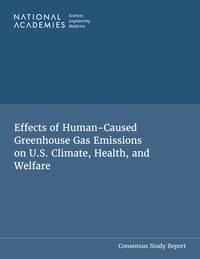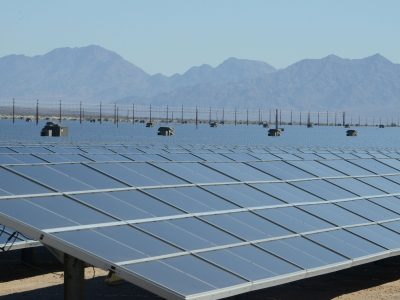Stop the Presses: California Is Different
When it comes to saving energy, California has a lot to crow about. While per capita energy consumption has continued to grow nationwide over the last thirty-five years, California’s per capita consumption has stayed relatively flat — an amazing accomplishment, considering the growing reliance on electronic devices over that period of time, but only partially good news. Since the state’s population has mushroomed during that same period, California is consuming a lot more energy today than it did thirty-five years ago.
On the electricity side of the energy house, many people point to the ambitious energy efficiency programs funded by utility customers through their monthly bills, as well as the state’s advanced appliance and building efficiency standards. Through the stimulus bill, the new budget plan, and changes afoot at the Department of Energy, the Federal government is looking to replicate the California success story across the nation. In a new study discussed in the Public Utility Fortnightly, utility expert Cynthia Mitchell and her colleagues take a closer look at the California efficiency model and question whether it is a sure thing to save the rest of the country, as well.
The conclusion? California is different — in terms of the price of residential electricity, climate, household size, housing mix, conservation ethic, and the structure of the economy. All of these factors, the authors assert, contribute to apparent success in holding down per capita energy consumption.
Does this mean that the programs and legal standards are worthless? Hardly. But it does suggest that the programs have to be carefully crafted and vigorously implemented, the standards need to be sharply defined and copiously monitored, and people need to do a whole lot more than rely on utility energy efficiency programs.
After all, per capita energy use in California is level, and that is not good enough. It has to shrink — because population continues to grow, and because we will never achieve our carbon reduction goals any other way. Perhaps the lesson to share with other states is that while promoting efficiency makes sense, and firm standards are essential, they are only a start. We need to continue to innovate and question old assumptions. Many of the answers to effectively reducing energy consumption still wait to be discovered.







Reader Comments